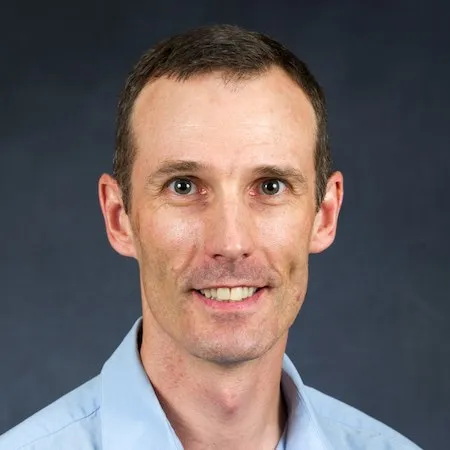From Minuscule Mosquitoes to Whopping Watersheds
This seminar will highlight recent research from Dr. Paul Leisnham's lab, which is centered on two main study areas:
- Mosquito ecology and management and
- Watershed health and sustainability.
Dr. Paul Leisnham will focus on studies of mosquitoes that he and his students have done exploring some of the big questions ecologists investigate. His background is in ecology but his attempts to better understand and manage urban mosquito systems and stormwater pollution have allowed him to enter into exciting collaborations with social scientists. Dr. Leisnham will give examples of how his work, in collaboration with students and colleagues, has advanced our understanding of how social and ecological mechanisms alter the coexistence of mosquitoes in North America and the spread of invasive species that can transmit human diseases. Last, he will re-emphasize the importance of moving away from discipline-specific and researcher-centered attitudes towards trans-disciplinary approaches that encourage broad stakeholder participation using urban mosquitoes and nutrient pollution as model systems.
Presenters

Paul Leisnham
Dr. Paul Leisnham is an Assistant Professor of Ecology and Health at the University of Maryland. Paul's research focuses on two overlapping dimensions of coupled human-natural environment systems: 1) ecology and management of medically important mosquitoes, and 2) socio-ecological determinants of watershed health.
He addresses questions that are relevant to a range of disciplines, including population and community ecology, global change biology, watershed management, integrated pest management, and public health. His interdisciplinary approach is grounded within the emerging discipline of...

Paul Leisnham
Dr. Paul Leisnham is an Assistant Professor of Ecology and Health at the University of Maryland. Paul's research focuses on two overlapping dimensions of coupled human-natural environment systems: 1) ecology and management of medically important mosquitoes, and 2) socio-ecological determinants of watershed health.
He addresses questions that are relevant to a range of disciplines, including population and community ecology, global change biology, watershed management, integrated pest management, and public health. His interdisciplinary approach is grounded within the emerging discipline of Ecology and Health (or EcoHealth). He collaborates with numerous researchers, extension professionals, and community partners on projects funded by state and federal grants, including those from NSF, USDA–NIFA, EPA–STAR, and NOAA.